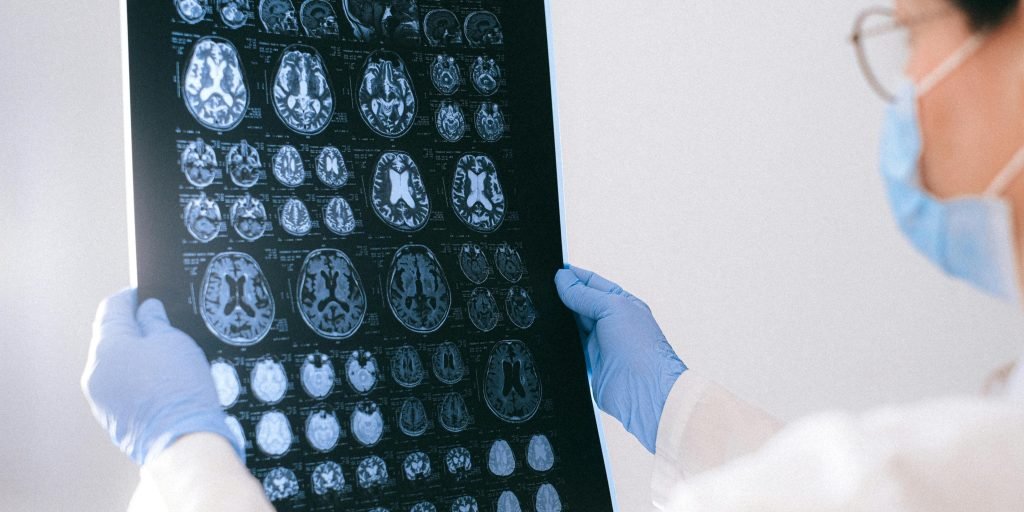Could One Protein Unlock a Younger Brain?

Last Updated on August 26, 2025 by Rose Ann
What if the passage of time didn’t have to take such a consistent toll on our minds? Forgetfulness, slower recall, and those unnerving “tip of the tongue” moments are often accepted as inevitable companions of growing older.
A new line of research suggests that the brain’s decline doesn’t have to be a one-way street, and the secret may lie in dialing down just one protein.
Scientists have identified a molecule called GPR17 — a kind of gatekeeper protein that helps brain cells communicate. As we age, this communication slows, especially in the hippocampus, the brain’s memory center. The result? Everyday lapses like misplaced keys, forgotten names, or trouble recalling conversations.
But here’s the remarkable part: when scientists experimented with reducing the levels of this protein in aging animal brains, the results were striking. The brain’s quite literally began acting younger. They re-engaged in forming new connections, particularly in the hippocampus, the very area most affected by aging. In effect, the research showed signs of rolling back the mental clock.
One of the lead scientists put it best:
“We’re not necessarily talking about stopping aging, but giving the brain a better shot at staying flexible and functional for longer.”
That distinction is crucial. The goal isn’t to build some mythical fountain of youth — it’s about preserving what people value most in later years: sharpness, independence, and daily engagement with the world around them.
This matters because the implications stretch far beyond science labs. Imagine being able to maintain mental agility well into your 70s or 80s — keeping conversations flowing, continuing to pick up new hobbies, or simply remembering cherished stories to share with loved ones.
A treatment targeting proteins like GPR17 could help make that not only possible, but practical. Researchers caution that this breakthrough is still in its early stages, and human trials are needed before anyone can claim a definitive path forward.
Yet even at this point, the discovery sparks hope. For years, much of the focus has been on coping with decline through memory games, lifestyle habits, or medications that offer only modest benefit. Now, science is pointing us toward a root cause, a biological switch that might be adjusted to keep the brain resilient.
This is bigger than just improving memory — it could reshape how society views aging altogether. We spend decades investing in financial security for retirement; perhaps soon, we’ll also be investing directly in cognitive security with tools grounded in biology.
Aging doesn’t have to mean a straight line toward mental decline. By diving deep into the intricacies of how brain proteins function, researchers are uncovering ways to support sharper, younger thinking well into later life. And that makes this study not just fascinating, but deeply relevant for those eager to enjoy vibrant, connected years ahead.
Check out the full article on MSN to explore all the nuances of this groundbreaking work.





